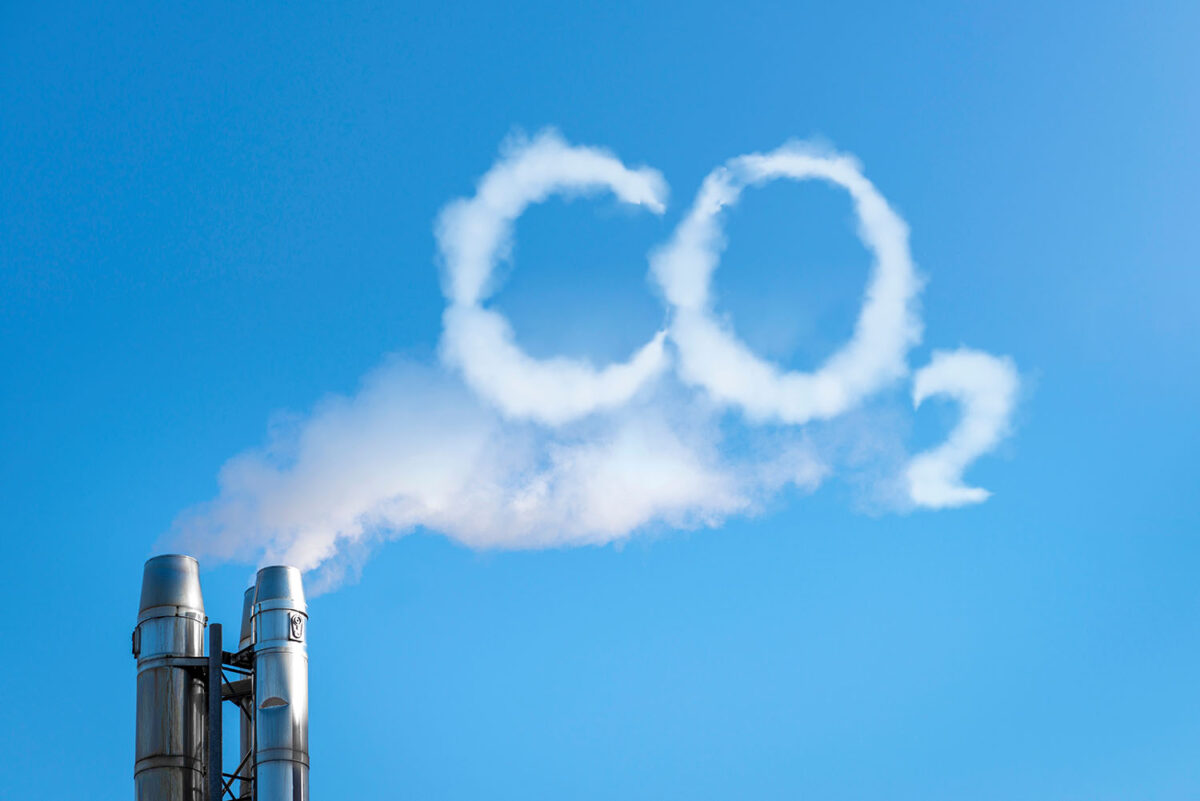Why Companies Should Pursue a Sustainability Certification

Sustainability certifications like The International Sustainability and Carbon Certification (ISCC) PLUS can enhance brand reputation and open up new markets.
For companies aiming to enhance their sustainability credentials, obtaining ISCC PLUS certification is a strategic move that aligns with global environmental standards and consumer expectations.
You can also read: New EU Regulation: What You Need to Know about Food Contact
Understanding ISCC PLUS Certification
ISCC PLUS expands the basic ISCC certification to cover more raw materials like chemicals, food, and bio-based products. It evaluates the entire product lifecycle for sustainability, ensuring adherence to strict environmental, social, and governance (ESG) standards.
Steps to Obtain the Certification
- Initial Assessment: Companies must first evaluate their supply chains and internal practices against ISCC PLUS requirements. This involves understanding the traceability of raw materials and ensuring sustainable sourcing practices are in place.
- Documentation and Compliance: The next step involves gathering comprehensive documentation demonstrating compliance with ISCC PLUS standards. This documentation covers aspects like sourcing, production processes, and environmental impact assessments.
- Auditing Process: An independent third-party auditor conducts a detailed assessment of the company’s operations and compliance documents. This audit is crucial for verifying that all stated practices meet the certification standards.
- Certification and Renewal: Once the audit is successfully passed, the company receives ISCC PLUS certification. This certification is subject to annual reviews to ensure ongoing compliance with the evolving standards.
Benefits
Companies that achieve ISCC PLUS certification can leverage several benefits. Environmentally, it confirms the sustainable nature of their production processes and products. From a market perspective, it enhances brand reputation and opens up new markets, particularly where consumers are environmentally conscious. Furthermore, it ensures compliance with international regulations, reducing legal and business risks associated with sustainability claims.
Companies Holding ISCC PLUS
Among the globally recognized entities that have achieved ISCC PLUS certification are prominent industry leaders in chemicals and materials. These include:
- BASF SE: As a leading chemical industry player, BASF SE is commitet to enhancing eco-friendly manufacturing.
- Braskem: A petrochemical leader in Latin America, Braskem holds ISCC PLUS, underscoring its commitment to sustainable bio-based plastic production.
- Chevron Phillips Chemical Company LP: Focused on petrochemicals, Chevron Phillips Chemical Company LP boasts ISCC PLUS, strengthening its sustainability credentials and adherence to global standards.
- Covestro Deutschland AG: Covestro, a pioneer in high-tech polymers, maintains ISCC PLUS certification, affirming its dedication to sustainable product lifecycle management.
- Dow Chemical Company: A prominent chemical industry player, Dow Chemical Company integrates the certification, ensuring its operations meet rigorous international sustainability standards.
Furthermore, these companies exemplify the strategic integration of sustainability certifications into business models to not only enhance sustainability but also improve market positioning and regulatory compliance.
In conclusion, obtaining these types of certifications is a comprehensive process that enhances a company’s sustainability profile and operational credibility. By following the steps outlined above, companies can not only contribute positively to environmental sustainability but also gain significant competitive advantages in the global market.
